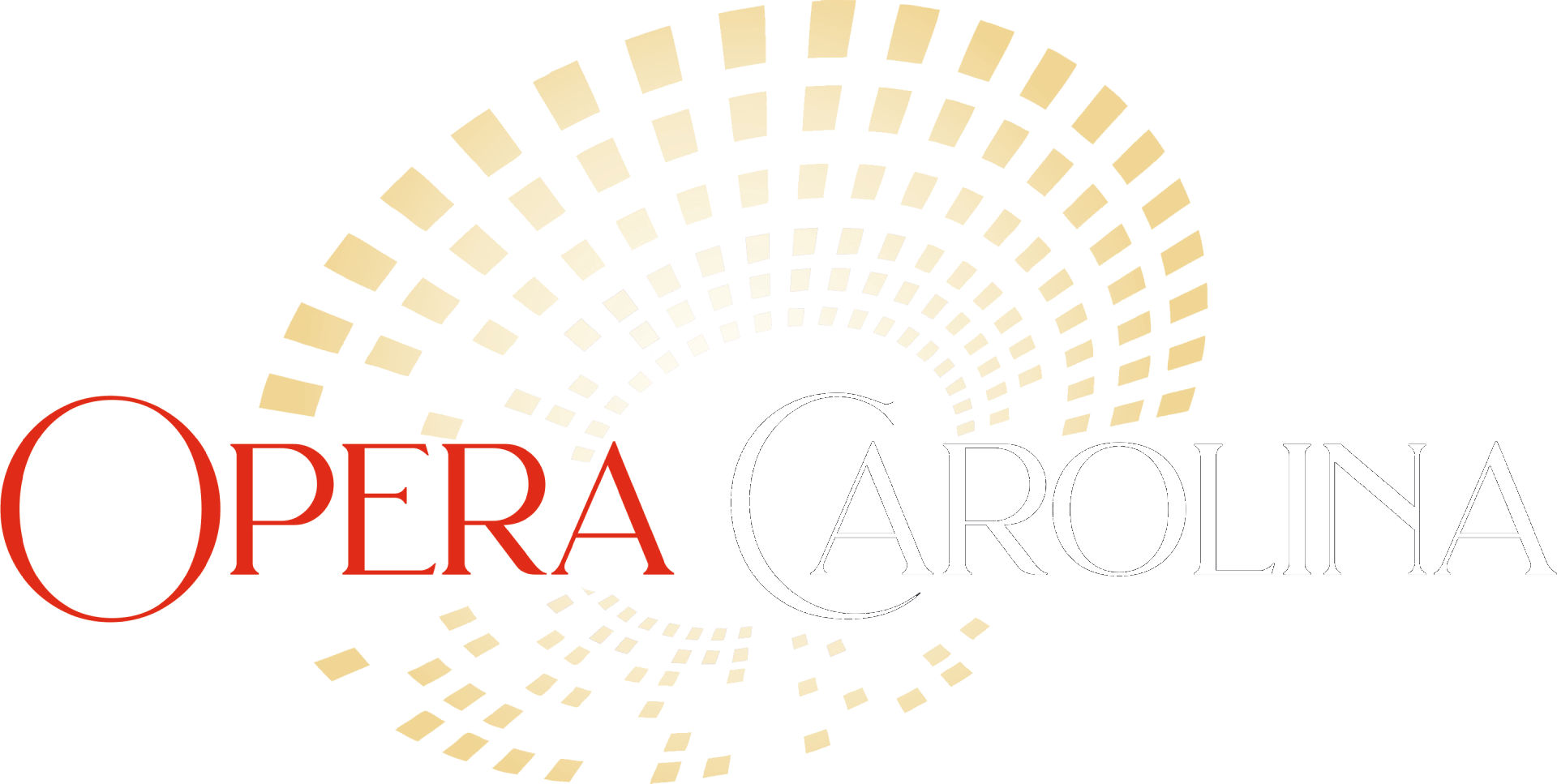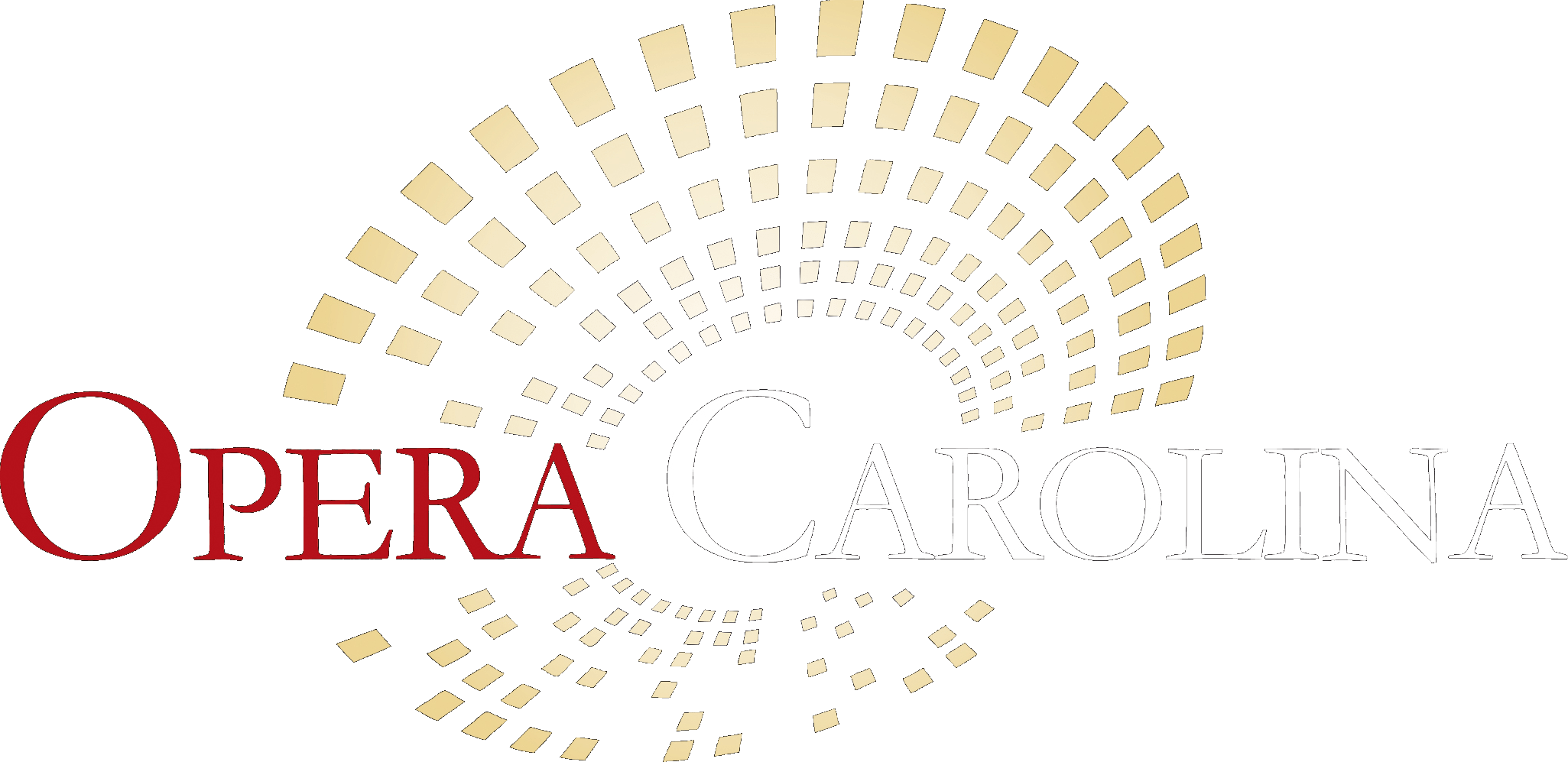Baritone Alexey Lavrov, a native of the Komi Republic of Russia, will perform with Opera Carolina for the second time when he returns to play the title role in Eugene Onegin (May 9, 11 and 12). He previously played both Silvio and Aleko in the double bill, Pagliacci + Aleko.
He has performed at the Metropolitan Opera, the Festival Internacional de Ópera Alejandro Granda in Lima, Peru, at the Cincinnati Opera and many other preeminent venues around the world. He is a graduate of the Metropolitan Opera Lindemann Young Artist Development Program and was a member of the Young Artist Program at the Moscow’s Bolshoi Theatre.
You’ve played Eugene Onegin before – in Germany and on tour with the Mikhailovsky Theatre in Japan. What do you love about the role?
The role of Onegin is interesting for me, first of all because of its character – very complex and open to many interpretations. Some people see him as a hypocrite and egoist from beginning to end. Others think he drops his masks and becomes a better person because of particular circumstances and emotional jolts. And these are only two of many possible interpretations of this character. I think this character will always be interesting for me and will evolve throughout my career along with me as a person.
Another thing that I really like about this role is that the vocal part, unlike most Russian operas, is a real bel canto role.
What draws you to this opera? Do you have a favorite moment on stage as Onegin?
The opera is based on Pushkin’s novel, which is one of the most important masterpieces in Russian literature and culture, along with Tolstoy’s Anna Karenina or Dostoevsky’s Crime and Punishment. It is about real people’s lives, no matter in what era or civilization. This piece is universal for all times and all people. Happily, the genius of Tchaikovsky perfectly put it on music and kept its depth and beauty. So, the subject, the music, the lyrics – all of it made me fall in love with this piece from the first time I heard it.
My favorite moment on stage is the final scene with Tatyana. I like to believe that Onegin finally drops his shell and becomes himself.
I have an opera-loving friend who thinks Eugene Onegin is the saddest opera she’s ever seen. She loves the cathartic cry she gets in the end. Where does it rank for you on the tragedy scale?
There are different kinds of tragedies: personal, national, human, etc. It’s hard to put them all on one scale and measure which are more tragic. I think, all of them are sad in their own way.
You were born and raised in Russia, and Eugene Onegin is a classic of Russian literature. Does that make it even more special to you? How so?
Did you know that Russian peasants, most of which were illiterate, placed Pushkin as a saint? Most Russian writers took inspiration from this piece until nowadays. We learn Onegin in schools, and every Russian knows it. It was inspired by Russian people and it perfectly reflected them. So, of course, it’s very special for me. I keep coming back to it, and I always find something new that I didn’t notice or understand before. Unfortunately, Pushkin in general is “untranslatable.” Even the most talented translations make him sound more banal than it is in the original. Happily, Tchaikovsky’s music solves this problem in opera and helps “translate” the emotions to public of any nationality.
What should people who aren’t familiar with the story know about it? Or should they come in knowing as little as possible?
Opera in general is a complex art and requires preparation not only from artists, but also from the public. I believe that coming to an opera unprepared (without knowing the story and, at least, a couple of the most famous arias) is stealing the depth of experience from oneself. The more you know about the piece, the deeper it can touch you. So, I highly recommend reading, watching and learning as much as possible about the story, the characters, the epoch, etc. As one of many examples of sources for understanding the time and the characters, I recommend watching Pride and Prejudice with Colin Firth. For Russian-speaking audiences, I recommend listening to Valentin Nepomnyaschiy’s lectures about Onegin.
Where do you live? What do you do when not singing opera?
My home is in St. Petersburg, Russia, but it’s hard to say that I live there, since I spend less time there than working in other countries and cities. But I love this beautiful city and I try to come back as often as I can to “charge my batteries.”
When not singing opera, I love to spend time with my family; play soccer, billiards and table tennis; ride my bicycle; and spend time in nature.
What’s your dream role?
Every step of my career will have a dream role that will match my artistic, vocal and even physical possibilities. At the moment, my dream role is Don Giovanni.
Anything else people should know about you?
That I’m the total opposite of Onegin!
Article written by Page Leggett


